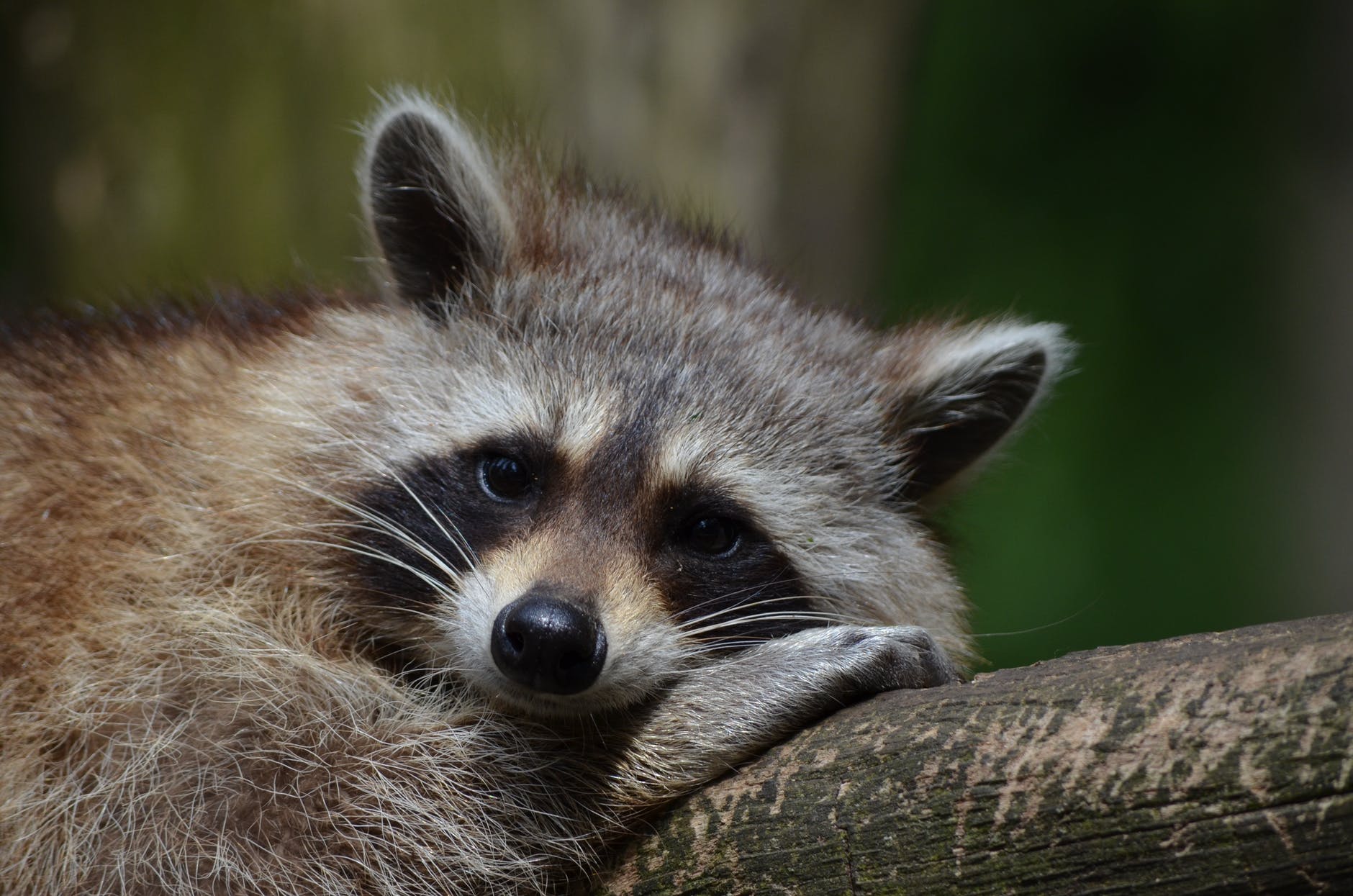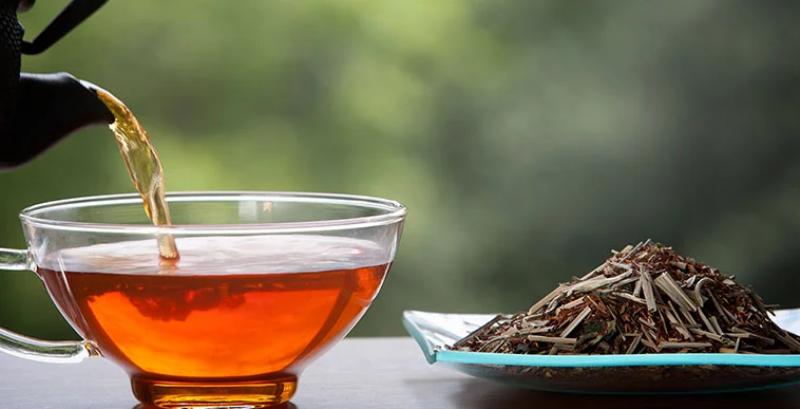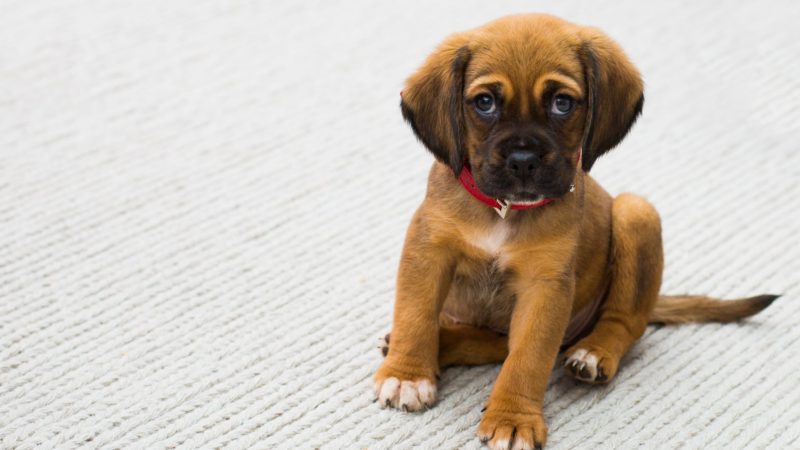Baby Raccoons: Can you pet one?

Baby Raccoons are very cute and intelligent animals with a good memory, but the answer to can you pet them? Is NO. Since raccoons are wild animals, having them as your pet is not a good idea, and in some parts of the world, it is even illegal.
Baby raccoons, also called kits or cubs, can be found in both rural and urban areas throughout the United States. Raccoons look very cute and innocent, but their nature and diet can bring a conflict with the human lifestyle as baby raccoons raid trash cans, dumpsters, gardens, and outdoor pet food.
Baby Racoon birth
Baby Racoons are generally born in between March to June, as raccoons generally mate in winters.
Baby raccoons are born with closed eyes and can’t see until they are 21 days old, and thus are dependent on their mother for their care for a long time.
Size of a raccoon
According to national geographic, Raccoons are basically small dogs. They grow about 23 to 37 inches (60 to 95 centimeters) and weight 4 to 23 lbs (1.8 to 10.4 kilograms)
How to pet a raccoon?
Though as we have mentioned earlier, having a raccoon as a pet is not a good idea due to the following reasons:
- Temper Issues: Racoons might get aggressive on some days and may bite the children or adults in the house.
- Carry Diseases: Racoons may carry various diseases in the house like rabies, salmonella, etc
- Mischievous nature: Racoons are mischievous wild animals; thus it might get difficult to handle them as they grow up
However, if you still wish to pet a raccoon and have got legal permission to do, then you can keep the baby raccoon in a bucket or in a box covered with a warm towel or by a supplemental heat source. If the raccoon is very young, then don’t feed them any food; instead, keep them with their mother.
Raccoons need a spacious place to roam around freely. Also, it’s important to child-proof the house as the baby raccoons will explore everything around the house.
What do raccoons eat?
As we all know, raccoons are omnivorous, so they can eat anything they get. However, baby raccoons are dependent on their mother’s milk; that is why all the females often go to find food so that they can feed their children.
Raccoons are born blind and deaf, but after one week, they become normal and start growing very fast. During this, they just feed on their mother’s milk after every 4 hours until they become old enough.
Raccoons can eat poultry, insects, fish, vegetables, or fruits. One interesting thing about raccoons is that they love to dip their food in water before eating it.
Read more- Can Dogs Eat Honey? Or Is Honey Good For Dogs?
Are raccoons dangerous?
Raccoons look very cute and innocent but remember that they are wild animals and could be dangerous even at an infant age. Baby raccoons are not aggressive and can not bite and scratch, but adult raccoons can. Raccoons are awesome caregivers and do not hesitate to attack humans.
Also, raccoons spread many kinds of diseases which affect both humans and animals. So, if you want to have baby raccoons, then make sure that you take good care of them and wear gloves, boots, a mask, and long-sleeved pants when you go close to them.
Raccoons are a vector carrier of rabies, which eventually causes infection in the human body because rabies is a viral disease that directly affects the neural system and causes various types of infections.
Signs a raccoon in your house
Since Raccoons are a quite common habitat in urban and rural areas of the United States, there is a possibility of having a raccoon in your house without your knowledge. So even if you do not wish to pet them, they might be present in your house.
Here are some sign, which indicates the presence of a raccoon in your house:
- The baby raccoon will cry and chirp just like a human being, but the voice is louder than a human
- Voice of rustling and thumping in walls or in ceiling
- Visible damage like bent siding, a dented roof vent, or damaged soffits
- If it is mother, then she will usually roam in the food place to find food for her baby
What if you find an injured Raccoon?
Sometimes when the mother raccoon goes to find food, the baby might go somewhere else and get injured. If you find an injured baby raccoon, make sure to not touch it or take it with you, as it is not safe. Instead, you try following below mentioned steps to reunite the lost baby Raccoon with its mother:
Use a net box
- Place the net box near the original den site but make sure that the mother visits that place.
- Leave the net box and do not disturb
- Do not feed the baby
- Do not remove that baby
- Also, do not leave food near the net box
- Do not make a voice if the raccoon go away
- Check the net box after 24 hours
When you follow these steps, possible general outcomes can be:
- Mother comes to take away the baby
- They start living in the net box
- The mother may leave the baby if it is unhealthy, or she may never come
- The kit might escape
- A predator may locate the net box
Facts about kit
- They are named for their unique hands.
- Kits are born with closed eyes and can’t see for 21 days after birth.
- Baby raccoons are born without a mask.
- Infant stick with the mother raccoon for one year
- The raccoon who are young form a path to back home
- Kits make a lot of human-like noises.
- Raccoons are born nocturnal.
- Male raccoons often stick together.
- Female raccoons grow faster than the male raccoons.
- Kits are capable hunters till they turn five months old
- Raccoon life period is five years
- They are agile climbers.
- Baby raccoons are preyed on by coyotes, wolves, hawks, and owls.
- Raccoons have five toes on their front paws that act much like human hands.
- Raccoons have excellent night vision.
- One raccoon has lived in a white house
- They can be found across the globe.
- Raccoons are very clever and intelligent, and they have a sharp memory.
Final words
Baby raccoons, kit, and cubs are wild animals that look like small dogs. Having a raccoon as a pet is illegal in almost all parts of the world.
Anyway, it’s always wise for humans not to interfere with the wild animals much, as they are happier in their natural habitats. However, if you find any wild animal lost or injured, it is important to get them the required help. There are many animal health organizations whom you may contact in such cases.
Also, if you have a doubt that there is a raccoon in your house, then you can check with the above-mentioned signs and then get them removed from your house.






